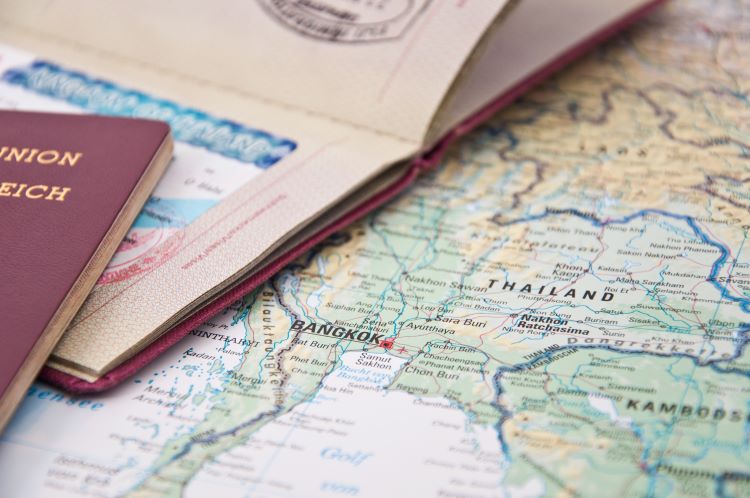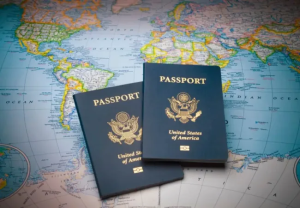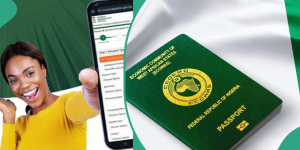Saudi Visa for Pilgrims: A Comprehensive Guide
For millions of Muslims around the world, performing the pilgrimage to Mecca, known as Hajj, is a deeply spiritual experience. To undertake this sacred journey, pilgrims must obtain a “Saudi visa for pilgrims.” This visa not only allows entry into Saudi Arabia but is also essential for fulfilling the religious obligations associated with Hajj and Umrah. This article explores the different types of visas available, the application process, requirements, and tips for a smooth pilgrimage experience.
Understanding the Types of Pilgrim Visas
There are primarily two types of visas that pilgrims can apply for when planning to visit Saudi Arabia:
1. Hajj Visa
The Hajj visa is specifically designed for those intending to perform the annual pilgrimage to Mecca during the Hajj season. This visa has a limited validity period and is only issued to those who meet specific requirements. It is crucial for prospective pilgrims to ensure they apply during the designated application period set by the Saudi government.
2. Umrah Visa
The Umrah visa, on the other hand, is available throughout the year, allowing Muslims to perform the lesser pilgrimage to Mecca, known as Umrah, at any time. This visa offers more flexibility than the Hajj visa, as it does not have the same time constraints. However, travelers should still be aware of any seasonal restrictions or requirements set by the Saudi authorities.
Eligibility Requirements for Pilgrim Visas
Before applying for a Saudi visa for pilgrims, individuals must meet certain eligibility criteria:
- Nationality: Applicants must hold a valid passport from a country that is eligible for a Saudi visa.
- Health Requirements: Pilgrims are required to undergo health checks, including vaccinations against diseases like meningitis and COVID-19, depending on current regulations.
- Sponsorship: For Hajj visas, pilgrims usually need to apply through an approved travel agency or organization that has been authorized by the Saudi government. For Umrah, the process may be more straightforward but often still requires booking through licensed agencies.
- Age Restrictions: There may be age restrictions for pilgrims, particularly for Hajj. Typically, children under the age of 12 or adults over 65 may have limitations regarding their ability to perform Hajj.
The Application Process for Pilgrim Visas
Obtaining a Saudi visa for pilgrims involves several steps:
1. Gather Required Documents
Applicants must prepare several essential documents before submitting their visa application. These typically include: SAUDI VISA FOR CANADIAN CITIZENS
- A valid passport with at least six months of validity remaining.
- Completed visa application form.
- Recent passport-sized photographs.
- Proof of travel arrangements (flight and accommodation bookings).
- Health documentation, including vaccination certificates.
2. Submit Application
For Hajj visas, the application must be submitted through an authorized travel agency. These agencies usually guide pilgrims through the process, ensuring all requirements are met. For Umrah visas, pilgrims may also have the option to apply independently, though using a licensed agency can simplify the process.
3. Pay the Visa Fee
Applicants will need to pay a visa processing fee, which varies based on the type of visa and the applicant’s nationality. It’s essential to keep the payment receipt, as it may be required during the visa application process.
4. Await Processing
Once the application is submitted, processing times may vary. Hajj visas often have specific timelines due to the high volume of applicants, while Umrah visas may be processed more quickly. It’s advisable to apply well in advance to avoid any last-minute complications.
Important Considerations for Pilgrims
While preparing for the pilgrimage, pilgrims should keep the following considerations in mind:
1. Travel Insurance
Obtaining travel insurance is highly recommended for pilgrims. Insurance can cover unexpected medical expenses, trip cancellations, or other unforeseen events, providing peace of mind during the journey.
2. Cultural Awareness
Saudi Arabia has specific cultural norms and practices that pilgrims should be aware of, including dress codes and behavioral expectations. Familiarizing oneself with local customs can enhance the overall pilgrimage experience.
3. Transportation and Accommodation
Pilgrims should plan their transportation and accommodation well in advance, particularly for Hajj, when demand is exceptionally high. Many travel agencies offer comprehensive packages that include transportation, accommodation, and guided tours of religious sites.
4. Stay Informed on Regulations
Pilgrims should stay updated on any changes to visa regulations or travel requirements. The Saudi government may implement new policies, especially in response to health and safety concerns, so it’s essential to check official sources for the latest information.
Conclusion
A “Saudi visa for pilgrims” is an essential step for those looking to fulfill their religious duties through Hajj or Umrah. Understanding the types of visas available, the application process, and the necessary requirements will help ensure a smooth journey. As millions embark on this spiritual pilgrimage each year, proper planning and adherence to guidelines can lead to a fulfilling and transformative experience.













Post Comment